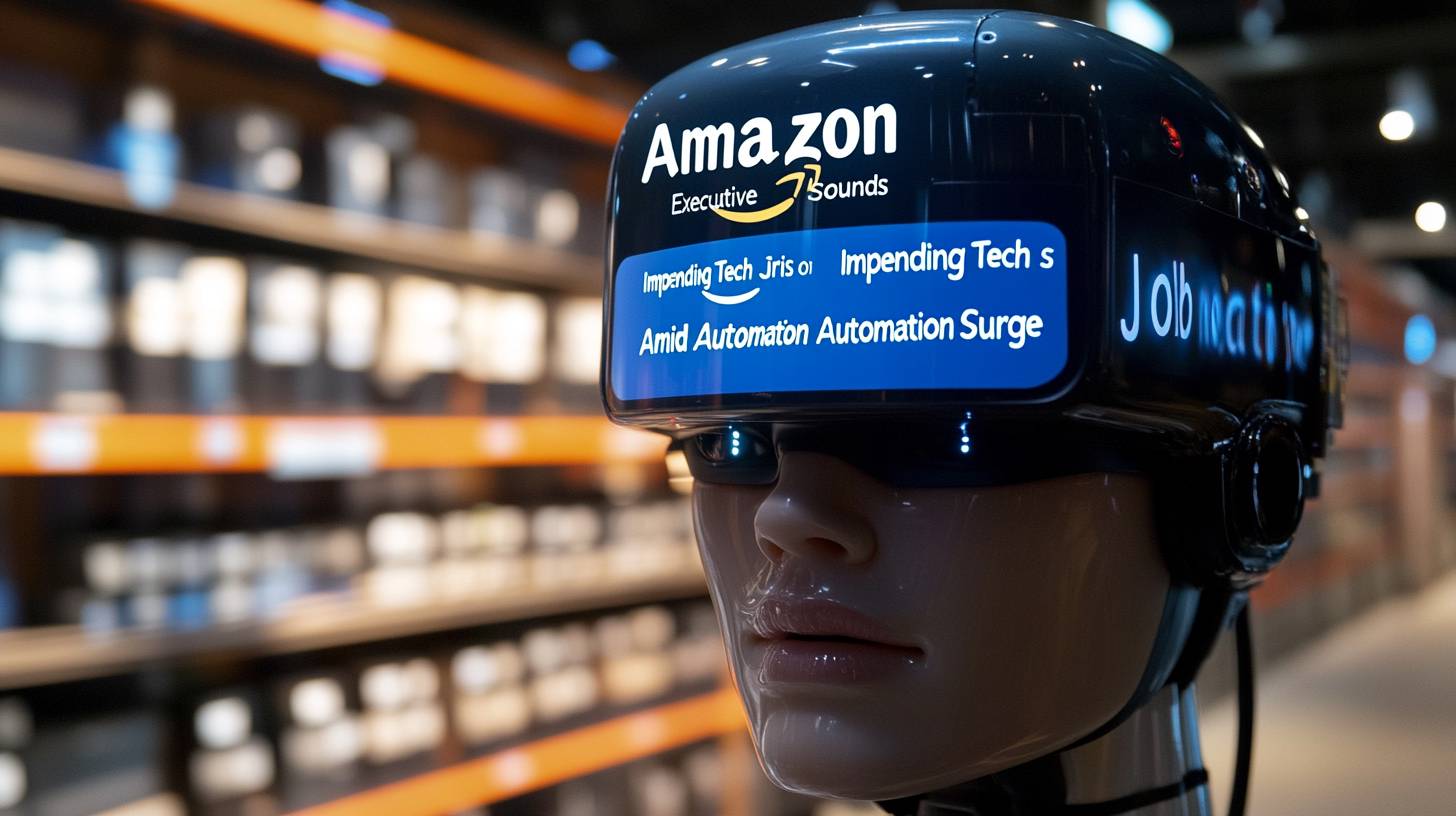
The Influence of AI on Software Development’s Future
The CEO of Amazon Web Services (AWS), Matt Garman, has made an alarming forecast regarding the software development landscape, proposing that artificial intelligence (AI) could dramatically decrease the necessity for conventional coding within the next two years. In a recent internal meeting, Garman suggested that advancements in AI might lead to a scenario in which most developers stop writing code, thus fundamentally transforming the role of software engineers.
Garman highlighted that developers will need to “innovate” and refresh their skill sets, as the nature of their work in 2025 is likely to be drastically different from what it was in 2020. He pointed out that the emphasis would move from writing code to comprehending customer needs and crafting solutions that address those needs. This transition could redefine developers’ roles, making them more engaged in the conceptual and strategic dimensions of software development rather than just the technical implementation.
Coding has been a fundamental aspect of software engineering and traditionally a well-paying career, often with salaries reaching six figures. However, the swift progress of AI is set to disrupt this industry. Garman’s remarks resonate with sentiments shared by other industry figures, such as Nvidia CEO Jensen Huang, who has labeled AI as a “miracle” for computer programming. Huang has also proposed that the future of computing technology could render programming obsolete, which starkly contrasts with the common belief that coding is a vital skill for the workforce of the future.
Concerns for the Workforce and Global AI Implications
As AI technology continues to develop, numerous companies across diverse sectors are seeking ways to implement this technology to cut costs, including the possible replacement of jobs. A recent analysis by Goldman Sachs suggests that AI may displace around 300 million full-time jobs in the U.S. and Europe by 2030. This trend is raising increasing alarm among employees regarding job security, especially in industries that are particularly vulnerable to automation.
In Australia, the effects of AI on the workforce are becoming more pertinent. As companies aim to optimize their operations and reduce expenses, the risk of AI replacing jobs is a pressing concern. A recent study by CNBC and SurveyMonkey revealed that 42% of American workers fear the repercussions of AI on their employment, with heightened anxiety among workers of color, individual contributors, and those holding lower-paid positions. These concerns are likely echoed in Australia, where the implementation of AI could also challenge conventional job sectors.
As the Australian business community continues to confront the challenges and prospects presented by AI, it will be essential for both companies and employees to adapt to the evolving environment. The potential for AI to transform industries and redefine roles highlights the necessity of ongoing education and innovation in sustaining a competitive advantage in the global marketplace.

